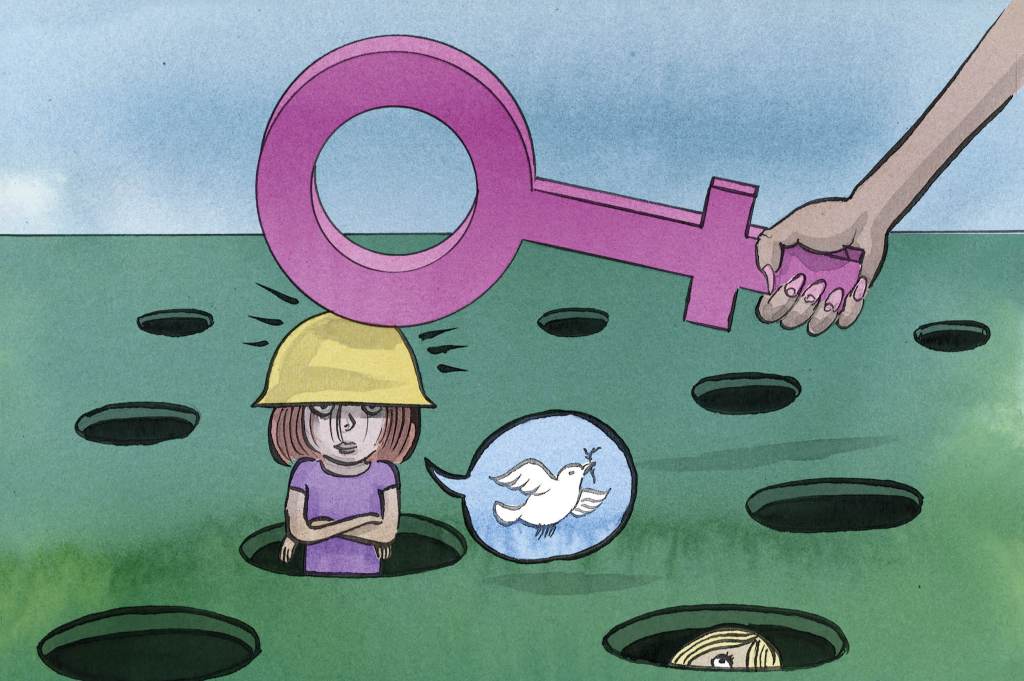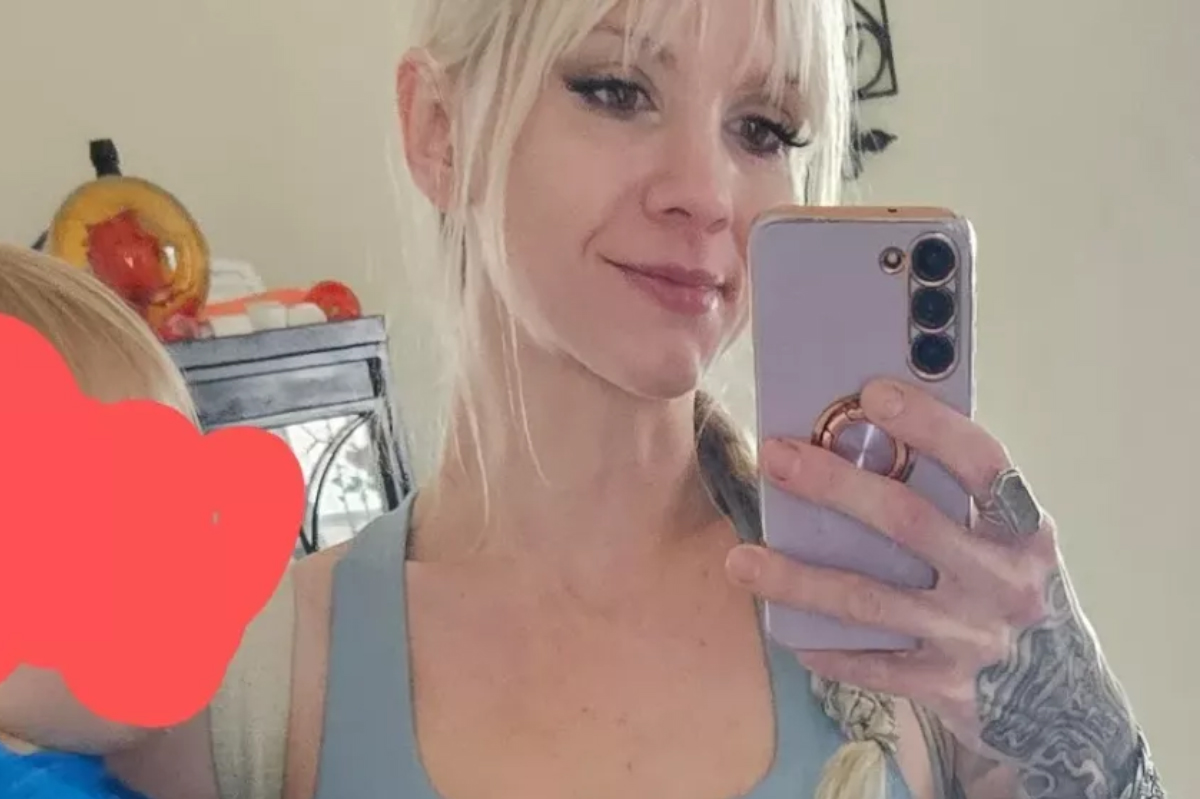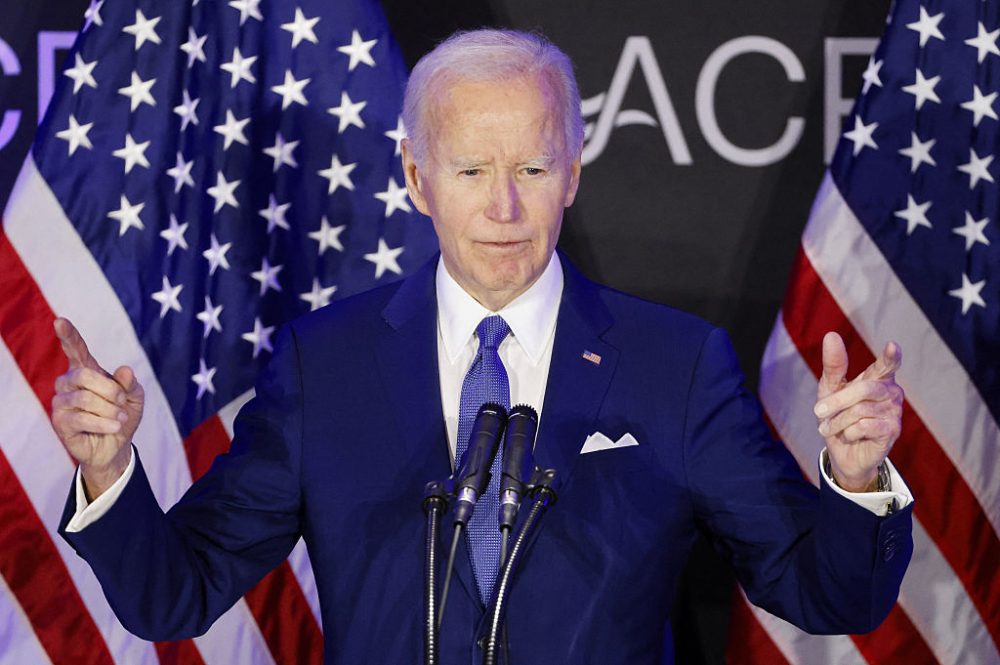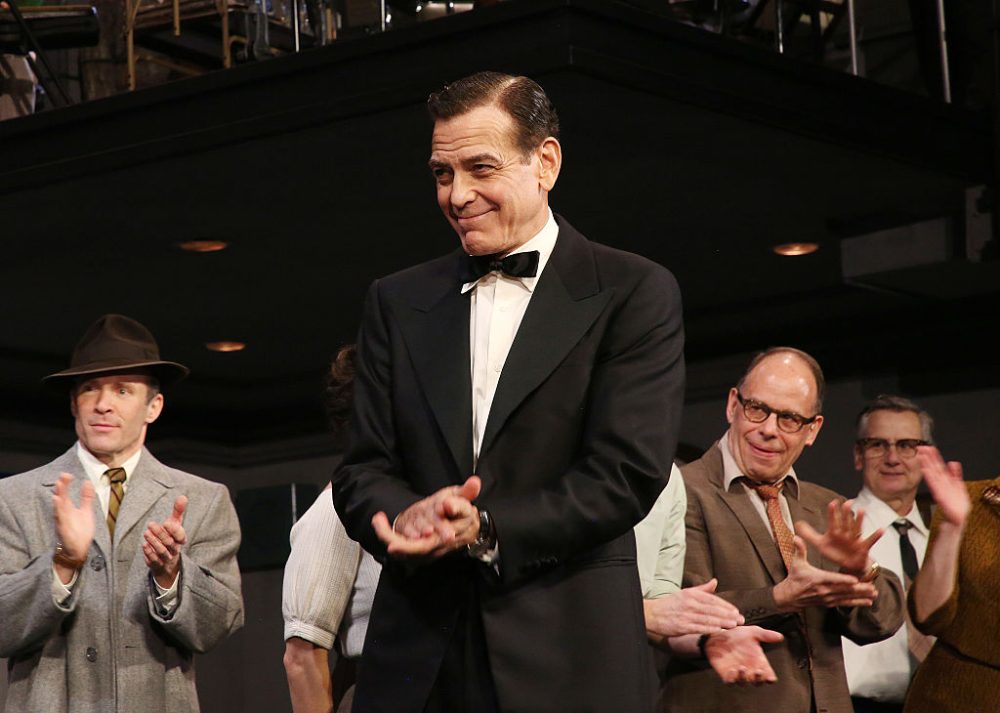Robin McDuff still lives in the same California town where she and other feminists formed a community back in the 1970s, during the heyday of the women’s movement.
But by the end of the decade, McDuff had already begun to drift away from feminist orthodoxies. She’d been working in the anti-rape movement where victims said they wanted the man who assaulted them to understand the pain they caused, apologize and learn why never to do it again. They didn’t want them in jail. But most of McDuff’s feminist peers were fixated solely on incarceration as justice.
“These women had no interest in considering any nuance of a case,” McDuff, now sixty-nine and retired, told me. “Nuance and feminism have never done well together.”
McDuff’s tipping point came in 1983 with the McMartin preschool case, part of the “daycare sex-abuse hysteria.”
“The feminists believed everything they read in the news at whole-cost, as if women never lie and children never have false memories,” McDuff said. “When facts are messy, it’s important to hold one’s opinion lightly.”
Sure enough, all charges in the McMartin case were eventually dismissed. And McDuff continued to seek out fact-based discussions.
Like McDuff, I’m an equality feminist; I believe women are born equal to men but made differently. And like McDuff, I don’t blindly believe all women. Saying this out loud, in America’s progressive cities, has only recently become even remotely acceptable.
A vibe change is coming. Friends in New York are now pushing back on topics like gender ideology and identity politics. My dates are pleasantly surprised to meet a woman who subscribes to the same Substacks and podcasts as they do. I’ve been engaged in this space since 2015 when a friend invited me to a private Facebook group, a Viennese-style salon, where members participate in open discussions around social, cultural and political issues, without fear of being attacked for their opinions. There, you’re free to say things you cannot say without being called, for example, “tacitly alt-right” for a pro-free speech stance for all.
In 2021, Pamela Paresky began hosting events called “Thought Criminals” with her curated list of people willing to break bread with those who have been “canceled” or fired for “wrongthink.”
“We are in a culture in which people fear saying something and being publicly shamed for it,” Paresky told me. Thought Criminals is designed to undo preference falsification where people feel they have to agree with the prevailing idea or remain silent when someone is attacked for disagreeing.
At a recent Thought Criminals gathering, a conservative, a socialist and a libertarian among us grappled with a controversial topic. We listened and learned from their differing points of view — and then moved on to socializing over dessert.
I’ve kept my affiliation with both “secret” groups mostly secret from others until now. I mention Thought Criminals by name as Paresky allowed it to be reported on in the New Yorker last May.
When I first met Meghan Daum in 2015, we discovered we held similar heterodox views. While it was a refreshing moment of alignment for me, the evolving cultural orthodoxies were becoming consequential for Daum.
“I’ve been a culture critic and commentator for thirty years — and about six years ago, the job of public thinker flipped on its head,” the author told me.
“It was no longer about saying the truth, or counterintuitive ideas, or looking at what was really going on in the world. It became about validating what people thought based on their tribe.”
In 2018, Daum published a longform essay in Medium called “Nuance: A Love Story — My Affair with the Intellectual Dark Web,” about her journey seeking nuanced cultural conversations. Her essay hit a nerve.
“People began writing to me pretty consistently because they felt like they were going crazy,” Daum said. Her essay made them feel less alone.
Jess, a forty-seven-year-old aspiring novelist from Minnesota, was one of the people who wrote to Daum. In 2020, she reluctantly moved to the suburbs with her husband and young daughter after she’d been held up at gunpoint in front of her home. Crime was spiking in Minnesota — and massive protests had broken out after the George Floyd killing.
Jess also felt constrained by what she could freely say on Facebook and Twitter, so she left those too in search of free-thinkers.
That summer, Daum launched the Unspeakable podcast where she and her guests have “healthy discussions” and “bring nuance” to topics many people are afraid to say out loud. Jess became an avid listener.
Later that year, something strange began happening in Daum’s private memoir and creative nonfiction writing workshops she’d begun teaching in her home since 2018.
“Some of my students were less interested in writing than in having a place to talk about the issues on my podcast,” Daum said. “They were feeling silenced by the cultural climate and had a terrible hunger to have nuanced conversations.”
Around that time, Robin McDuff had discovered Yascha Mounk’s Persuasion, an online publication and community dedicated to the “defense of a free society.”
“Most people there are a little to the right of me,” McDuff told me, “but we focus on where we find agreement instead of screaming at each other across the aisle.”
It was at an online Persuasion event where McDuff first encountered Daum, the only other woman present, and felt aligned with nearly everything Daum said.
Many of these communities attract more men than women and while McDuff and Daum are not for women-only spaces as a rule, they felt women needed a community to openly discuss issues that affect women in particular.
In the spring of 2022, Daum handpicked ten women from across the country and political spectrum for a three-day brainstorm in Joshua Tree, California, to come up with a solution. Out came The Unspeakeasy online community and retreats.
“It is everything I was hoping social media could be,” Jess told me. “Everyone was so warm and welcoming. There’s a sense of humor, lightness and openness and a kind of freedom to having conversations there. I hadn’t realized how much I’d missed expressing how I felt.”
Katie Herzog, co-host of the Blocked and Reported podcast with fellow journalist Jesse Singal, was a keynote speaker at an Unspeakeasy retreat in Washington State last spring.
Herzog attended a session where a woman who had been seriously wounded in a mass shooting spoke about her libertarian view on guns.
“There were gun owners and anti-gun activists, and no one held back,” Herzog told me. “It wasn’t like anything you’d hear in mainstream media. It was fascinating.”
“The discussions are all intellectually intense and respectful,” Daum said of her retreats. “The women have dubbed it their ‘sanity spa vacation.’”
On Blocked and Reported, left-leaning Herzog and Singal have a fun, self-deprecating, sibling-like chemistry as they discuss topics with a balanced, heterodox approach and strong journalistic ethic. Their 41,000 subscribers are ideologically diverse, including many old-school liberals who are missing something from their once-preferred media sources.
“NPR doesn’t tell the whole story nine out of ten times,” Herzog said of her own once-beloved media source. “It can feel kind of lonely when you’re the only one in your friend group talking about this stuff,” she added. “The BARpod community is filling a needed friendship gap.”
One of the first independent-thinking podcasts was The Fifth Column podcast, launched in 2016 by journalists Kmele Foster, Michael Moynihan and Matt Welch as a counterpoint to contemporary journalism.
“The media leans into tribal politics but we see the world differently,” Welch told me over the phone. “It’s more fun than having to worry about which orthodoxy you support and who you’re supposed to hate.”
The Fifth Column has 27,000 subscribers, a “substantial percentage” of whom are paid members who enjoy bonus episodes, monthly Zooms with the hosts, and access to the thriving “Fifdom” community which has spawned unofficial offshoots: a book club; multiple fantasy sports teams; and the “Fifdom Athletic Group” on Strava, the online sports community.
“People who otherwise would have a hard time figuring out what they have in common, have created this gigantic community,” Welch said. “It’s beautiful to see.”
When Shelley, forty-six, was diagnosed with thyroid cancer, the Fifdom Strava group offered support before and after surgery to remove her thyroid. “I am excited to have this group there for me when I’m ready,” Shelley wrote over email.
Two members proposed marriage in the Fifth Column studio, and two baby Fifdoms were named after Moynihan and after Foster’s baby boy.
The Fifdom also spawned a new podcast. When secular Jewish Israeli Yael and haredi-orthodox ChayaLeah met on a Fifth Column Zoom, the two were more interested in what they had in common than not. They soon launched the Ask a Jew podcast where Welch and Moynihan have been guests.
Jess, though not Jewish, is a fan. “Yael and ChayaLeah fearlessly say what’s on their mind,” she said.
More heterodox groups keep popping up. In September, I attended an event for Politeia founded to help students develop into independent thinkers. Gad Saad, the Canadian professor and a leading heterodox thinker, was the speaker.
Paresky is confident that once people no longer fear saying what they think or defending those attacked for their ideas, they will realize they are in the majority.
“And from there,” she said, “the house of cards will start to fall.”
This article was originally published in The Spectator’s November 2023 World edition.


























Leave a Reply